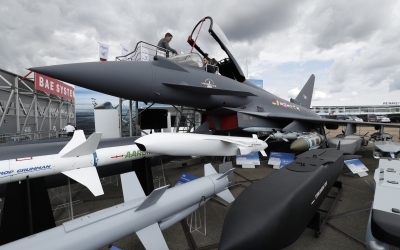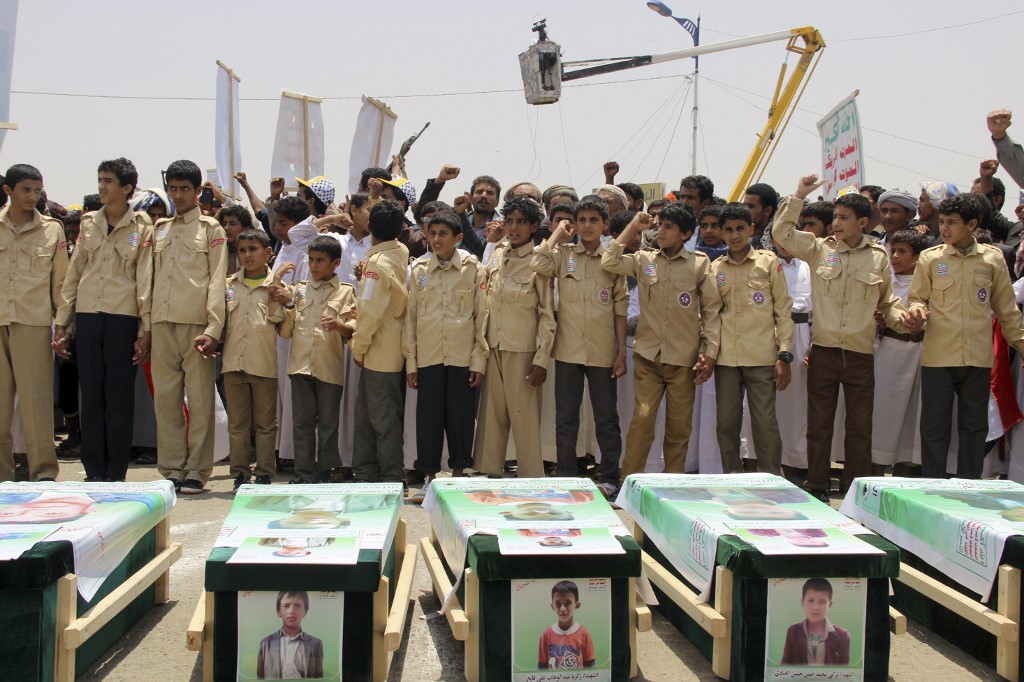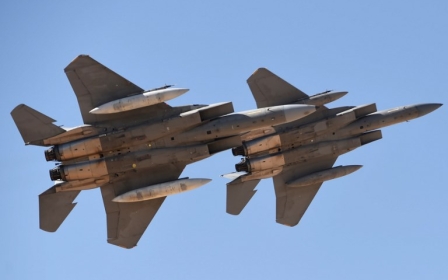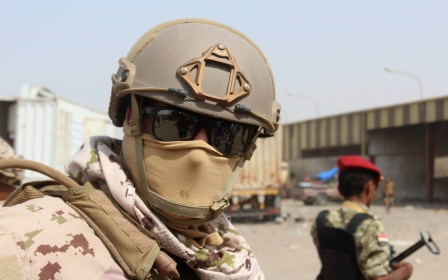Yemen war: Court hears challenge to UK's decision to license arms exports to Saudi Arabia
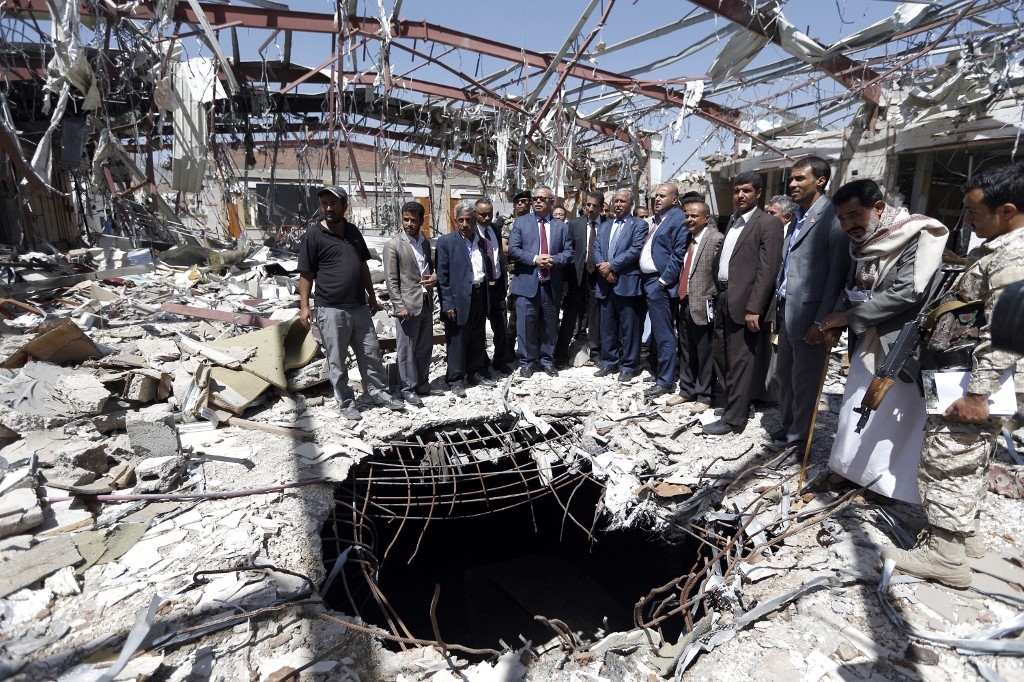
An attempt to force the British government to suspend arms sales to Saudi Arabia for use in Yemen reached the Court of Appeal in London on Tuesday with lawyers for a human rights group arguing that the exports are unlawful.
The appeal comes days after a Saudi-led coalition air strike killed 11 civilians, including five school children, in a residential area in the Yemeni capital of Sanaa.
This is an entire city. It’s like saying Cambridge is a target - the whole of it
- Martin Chamberlain, counsel for CAAT, on a Saudi attack in 2015
Counsel for Campaign Against Arms Trade (CAAT) says that a wealth of evidence shows that Saudi air strikes are in breach of international humanitarian law because they are causing disproportionate harm to civilians.
This means that the UK’s international trade secretary, Liam Fox, is breaching the UK’s own rules on arms exports, they argue.
Those rules say UK arms exports must be halted when there is a clear risk that they may be used in an act which is a serious breach of international humanitarian law.
CAAT is seeking to overturn the findings of a lower court, which ruled in 2017 that the exports could continue.
The UK has licensed arms sales worth £4.7bn to Saudi Arabia since the Gulf kingdom intervened in Yemen’s civil war in March 2015.
Saudi sales key for UK
The importance of Saudi Arabia as a market for UK arms manufacturers is underlined by figures from the country’s largest corporation, BAE Systems: 14 percent of its business was with Riyadh last year.
Middle East Eye has reported that Fox met representatives of BAE Systems within weeks of the murder of Jamal Khashoggi by Saudi officials in Istanbul in order to discuss the British government’s response to the killing.
As well as exporting aircraft, bombs and missiles, the UK is supplying components and technical support, and the UK’s parliament has been told that 17 UK military personnel are “embedded” within the Saudi armed forces.
There have also been unconfirmed British media reports that five UK special forces troops were wounded during fighting in Yemen earlier this year.
Human Rights Watch estimates that around 6,900 civilians had been killed and 11,000 injured by the end of last year, although independent researchers have put the figure much higher.
Some of the legal argument at the court revolves around the 2015 Saudi attack on the Houthi-controlled city of Saada. Martin Chamberlain, counsel for CAAT, told the court that leaflets were dropped two hours beforehand, warning its largely illiterate inhabitants that the entire city had become a military target.
“This is an entire city. It’s like saying Cambridge is a target - the whole of it.”
Chamberlain questioned how Fox could reach the conclusion that British weapons had not been used in acts that breach the law, given the evidence gathered by NGOs in Yemen and the conclusions of international bodies such as a UN experts panel and the European Parliament.
“We say he reached that view without properly engaging with the evidence showing a pattern of breaches of international law, many of them serious,” he said.
One report on Saudi air strikes was published by the charity Medecins Sans Frontieres, which withdrew from Yemen after 19 people were killed in a missile strike on one of its own clinics.
“Not only were they on the ground - they were hit by a Saudi missile.”
Saudi Arabia’s record of human rights abuses within its own borders should have given Fox cause for concern about the way its forces would wage war, Chamberlain added.
“Where you have a country where there are established breaches of international human rights law, you have got to exercise particular caution and vigilance.”
As the case proceeds, lawyers for the British government will be arguing that it has access to a wider range of information about air strikes in Yemen than the NGOs who are expressing concern about the war - although some of this information will not be detailed in open court.
They will also say that the Saudi government is “mindful” of concerns expressed about civilian casualties and had tried to address those concerns.
Middle East Eye propose une couverture et une analyse indépendantes et incomparables du Moyen-Orient, de l’Afrique du Nord et d’autres régions du monde. Pour en savoir plus sur la reprise de ce contenu et les frais qui s’appliquent, veuillez remplir ce formulaire [en anglais]. Pour en savoir plus sur MEE, cliquez ici [en anglais].


